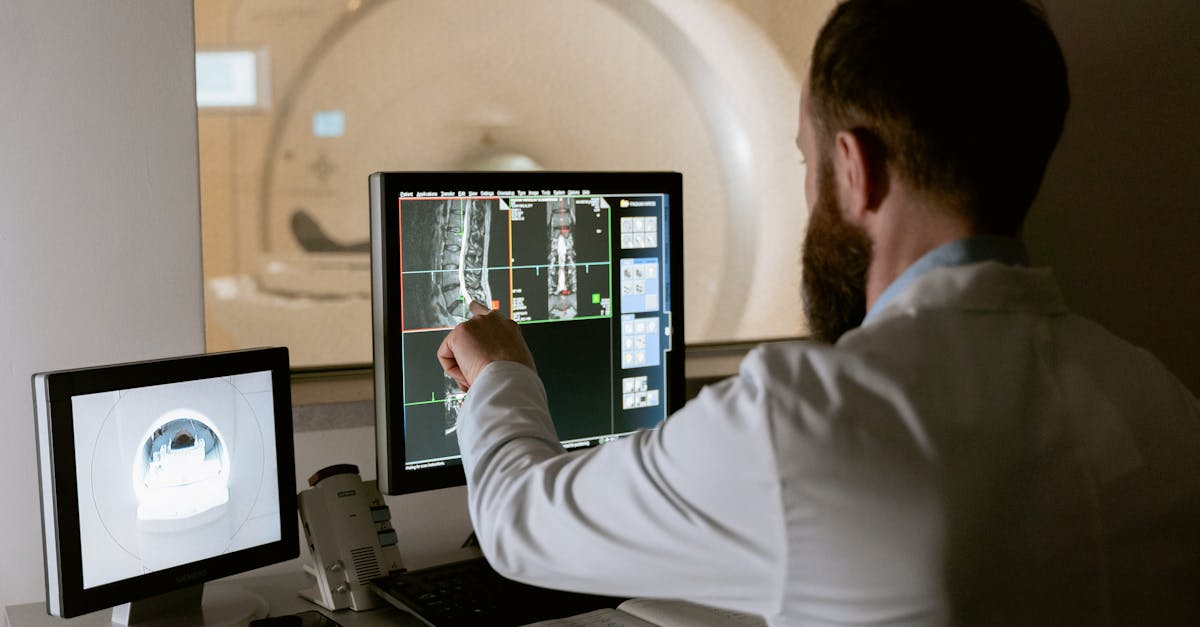Published on:
6 min read
Dementia Testing Demystified: Essential Insights for Caregivers and Loved Ones
Understanding dementia testing can be overwhelming for caregivers and families. This post unpacks essential insights and offers guidance on how best to approach the testing process with compassion and knowledge.

What is Dementia Testing?
Dementia testing is a series of assessments designed to diagnose and evaluate cognitive decline. It often involves a combination of medical history, physical exams, neurological evaluations, and cognitive tests that assess memory, problem-solving, attention, language, and other skills. Each component plays a crucial role in ruling out other conditions and obtaining an accurate diagnosis. Understanding this process is essential for caregivers, as it provides clarity on the multifaceted nature of dementia. Testing can help determine the type of dementia, which is vital for crafting a personalized care and treatment plan.
Preparing for a Dementia Assessment
Preparation for a dementia assessment can make a crucial difference in the accuracy of the diagnosis. Caregivers should gather important information such as previous medical records, lists of medications, and any observable changes in behavior or mood. It is also helpful to compile a list of questions to ask healthcare professionals. By documenting these details, families can help specialists gain a comprehensive understanding of the individual’s health, setting the stage for a more thorough evaluation. Furthermore, discussing the assessment openly with your loved one can ease anxieties and ensure they feel supported during the process.
Navigating Results and Next Steps
Receiving test results for dementia can be overwhelming, both emotionally and practically. Caregivers should prepare to navigate conversations with healthcare professionals regarding the diagnosis and its implications. It's essential to understand that testing may not guarantee a definitive diagnosis. Depending on results, doctors may recommend further evaluations or a specific treatment plan. This stage is also an opportunity for caregivers to ask about resources, support groups, or educational materials that can assist in the caregiving journey. Emphasizing communication and support can help families make informed decisions and foster resilience during this challenging time.
Conclusion
In summary, understanding dementia testing is a fundamental aspect for caregivers and loved ones. Armed with knowledge about the testing process, preparation, and next steps, caregivers can approach this challenging journey with empathy and confidence. Remember that you're not alone; seeking support from healthcare professionals and community resources can make a significant difference.
Published on .
Share now!










